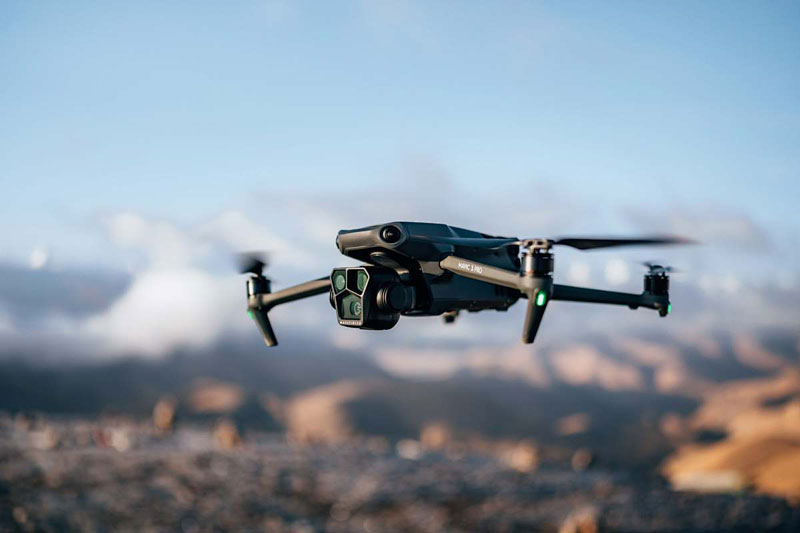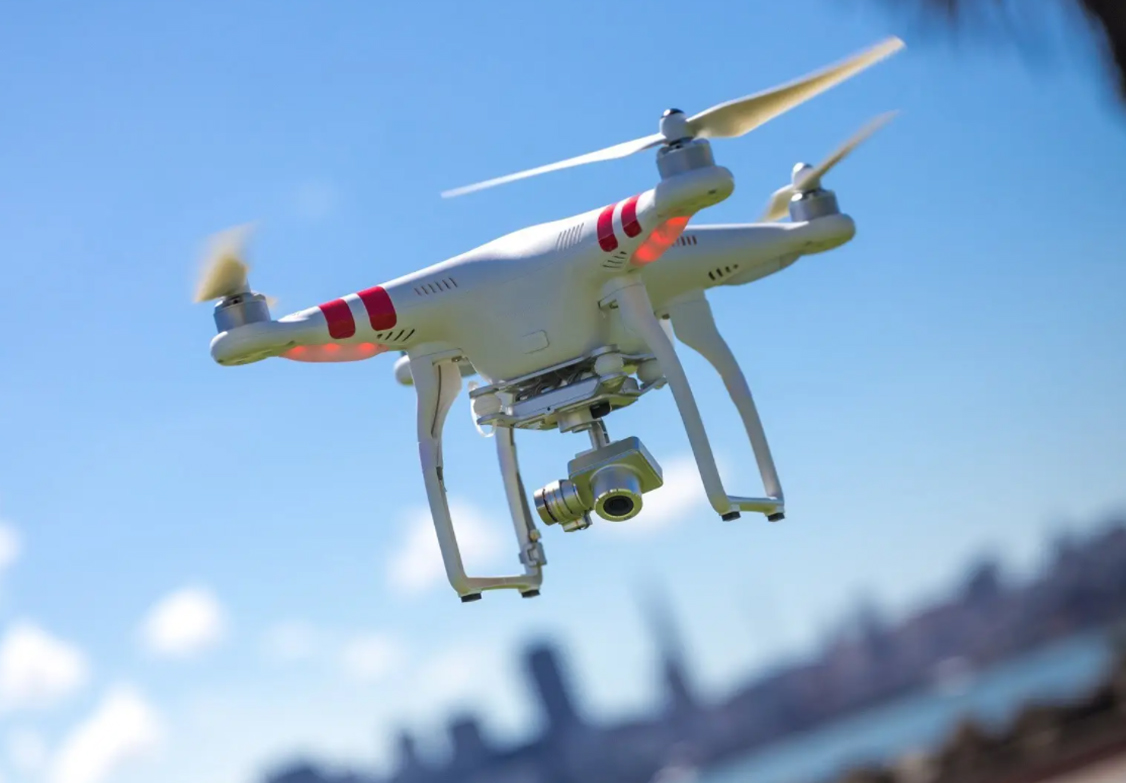 . These modern marvels have redefined the landscape of surveillance, offering unprecedented capabilities that were once deemed science fiction. As we delve into the world of surveillance drones, it is important to assess their impact on modern security practices and uncover their multifaceted applications.
. These modern marvels have redefined the landscape of surveillance, offering unprecedented capabilities that were once deemed science fiction. As we delve into the world of surveillance drones, it is important to assess their impact on modern security practices and uncover their multifaceted applications.Surveillance drones are equipped with cutting-edge technology, including high-resolution cameras, thermal imaging, and advanced GPS systems, allowing them to monitor vast areas from remarkable altitudes. Their ability to provide real-time data and live-stream footage to operators on the ground has made them invaluable tools in security operations. For instance, when deployed in urban environments, these drones can offer a bird’s-eye view of crowded areas, aiding law enforcement in crowd control and monitoring potential threats.
Versatility in Application
The versatility of surveillance drones extends beyond urban security. In rural areas, they are utilized to track illegal activities such as poaching and to ensure the safety of wildlife. Additionally, these aerial devices have been integral in disaster management; their capability to swiftly assess damage after a natural calamity enables rescue teams to allocate resources efficiently and save lives. This evolution in security practices highlights the indispensable role that surveillance drones play in today’s society.
Privacy Concerns and Ethical Considerations
Despite their advantages, surveillance drones have sparked debates over privacy and ethics. The notion that one’s activities can be monitored from above raises significant privacy concerns. Critics argue that the pervasive use of drones could lead to a surveillance state where personal freedom is compromised. Therefore, it becomes crucial to develop regulations and guidelines that balance security benefits with privacy rights.
One potential solution is the implementation of transparent policies that govern drone operations, ensuring accountability and addressing public concerns. To maintain trust, it’s vital that these regulations are continuously updated in response to technological advances in the realm of surveillance drones. By doing so, society can leverage the benefits of drone technology without infringing on individual rights.
Future Prospects
The future of surveillance drones promises further advancements as technology continues to evolve. With AI integration, drones might soon possess the ability to autonomously detect threats, thereby enhancing response times in emergency situations. Additionally, the development of drones with longer battery life could result in extended operational periods, boosting their efficacy in prolonged missions without the need for frequent recharging.
Moreover, as drone technology becomes more accessible, there will likely be a proliferation of personal and commercial drones in various sectors, such as agriculture and logistics, adding a new dimension to security practices that we cannot yet fully anticipate.
 Frequently Asked Questions
Frequently Asked Questions
Are surveillance drones allowed everywhere?
Surveillance drones are subject to regional laws and regulations that dictate their usage. It’s necessary to check local guidelines before operating drones in any area.
How do surveillance drones impact privacy?
 While they offer significant security advantages, surveillance drones can intrude on privacy. Crafted regulations aim to balance security with individual privacy rights to mitigate concerns.
While they offer significant security advantages, surveillance drones can intrude on privacy. Crafted regulations aim to balance security with individual privacy rights to mitigate concerns.
Can drones operate autonomously?
Currently, most require human oversight, but advancements in AI are paving the way for more autonomous capabilities.
